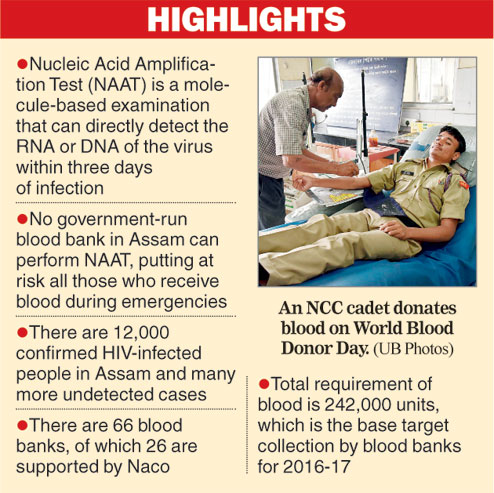
Shillong, Oct. 28: A group of chief ministers, tasked with the responsibility of providing inputs on skill development, has recommended setting up a "Skill University" in the Northeast while opining that "engaging" with the aspirations of India's youth is a "challenge".
This was revealed in the report of the sub-group of chief ministers on skill development. The group was constituted in the first meeting of the governing council of the NITI (National Institution for Transforming India) Aayog in February this year.
With Punjab chief minister Parkash Singh Badal as the convener, the sub-group recently submitted its report to Prime Minister Narendra Modi. Meghalaya chief minister Mukul Sangma was among those who were part of the group.
In the over 200-page report, the sub-group made a slew of recommendations, which were a part of the measures required to address skilling requirements of the unorganised sector that employs about 93 per cent of India's workforce.
While making the recommendations, the sub-group took on board the inputs of both member and non-member states.
On "developing the pool of trainers/assessors/instructors for improving quality", the sub-group felt that the role of Skill Universities in the states should be explored, particularly for developing large numbers of qualified trainers and to conduct research in curricula and pedagogy.
"Perhaps one Skill University in each geographical region, including the Northeast, may be considered. The Union ministry of skill development and entrepreneurship should make a budget provision for all states to set up Skill Universities or converting one of the existing universities as a Skill University under PPP mode. This funding could be made available through NSDF/NSDC," the sub-group recommended.
It also suggested that setting up "Migration Support Centres" at big hubs could provide better retention and career opportunities for candidates.
"This is more essential for trainees coming from the Northeast, hilly states and other difficult areas, including LWE (left-wing extremism)-affected districts," it added.
The Centre and states could explore the need for enacting a legislation on right of youth to skill development in line with Chhattisgarh, the sub-group said.
"It was felt that such a right-based legislation backed by robust implementation would generate greater demand, remove the low esteem attached to vocational education and encourage more young people to seek skill training. This should be backed by adequate infrastructure and resources especially for less resource-rich states," it stated.
Agarwood resource
In the recommendations, the sub-group specifically mentioned agarwood plantations in Meghalaya vis-a-vis local resources and livelihood opportunities.
"Employment opportunities can be created in plantation, primary processing units, extraction factory, super-critical fluid extraction facility, warehousing, packing and marketing," it said.
"The South East Asian countries' business model based on creating a vertically integrated business from the management of plantations to the inoculation, harvesting, distilling and processing of agarwood inputs into a multitude of agarwood end products, including the highly-prized Oud oil may be studied and replicated," it read.
Sangma had launched agar and bamboo plantation programmes in almost all the 11 districts of the state.
"The sub-group is of the view that engaging with aspirations of India's youth is a challenge both for the central and the state governments and acknowledges that innovative mechanisms are required to address the critical challenges," the report stated.











